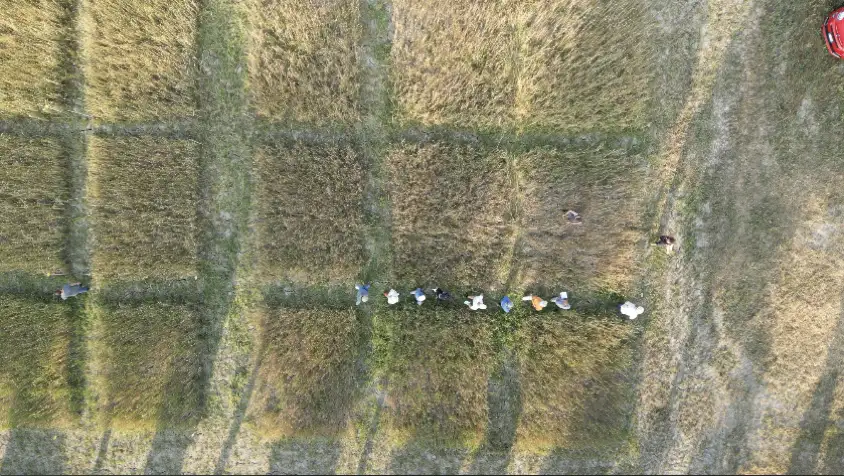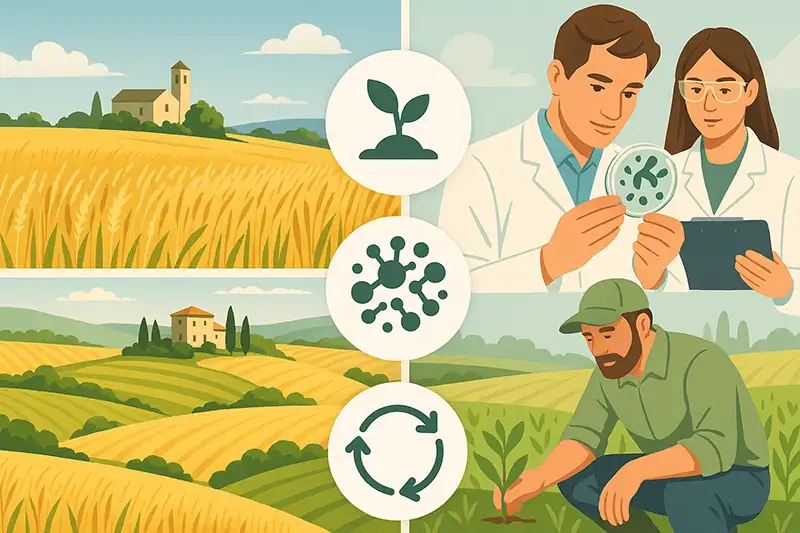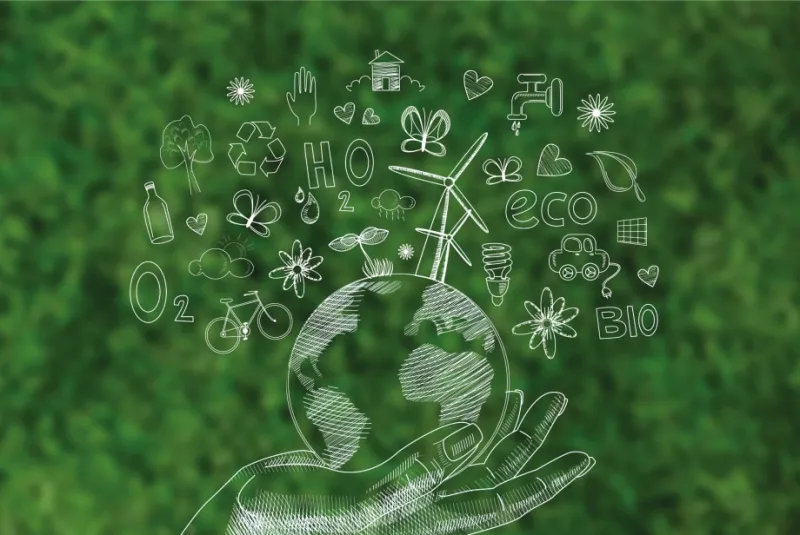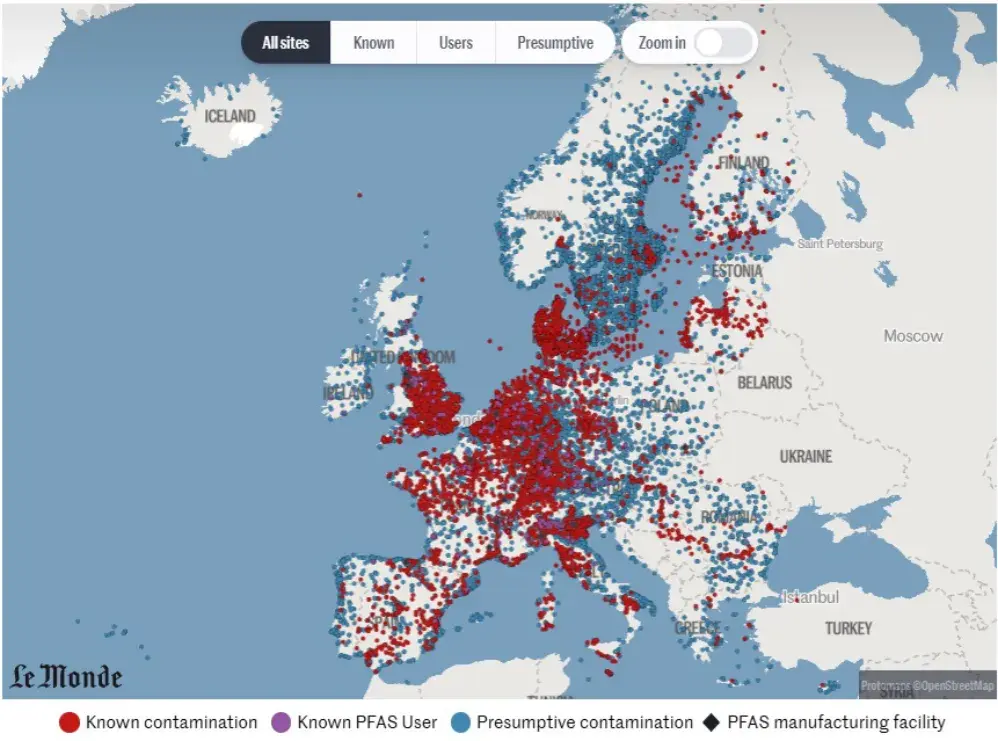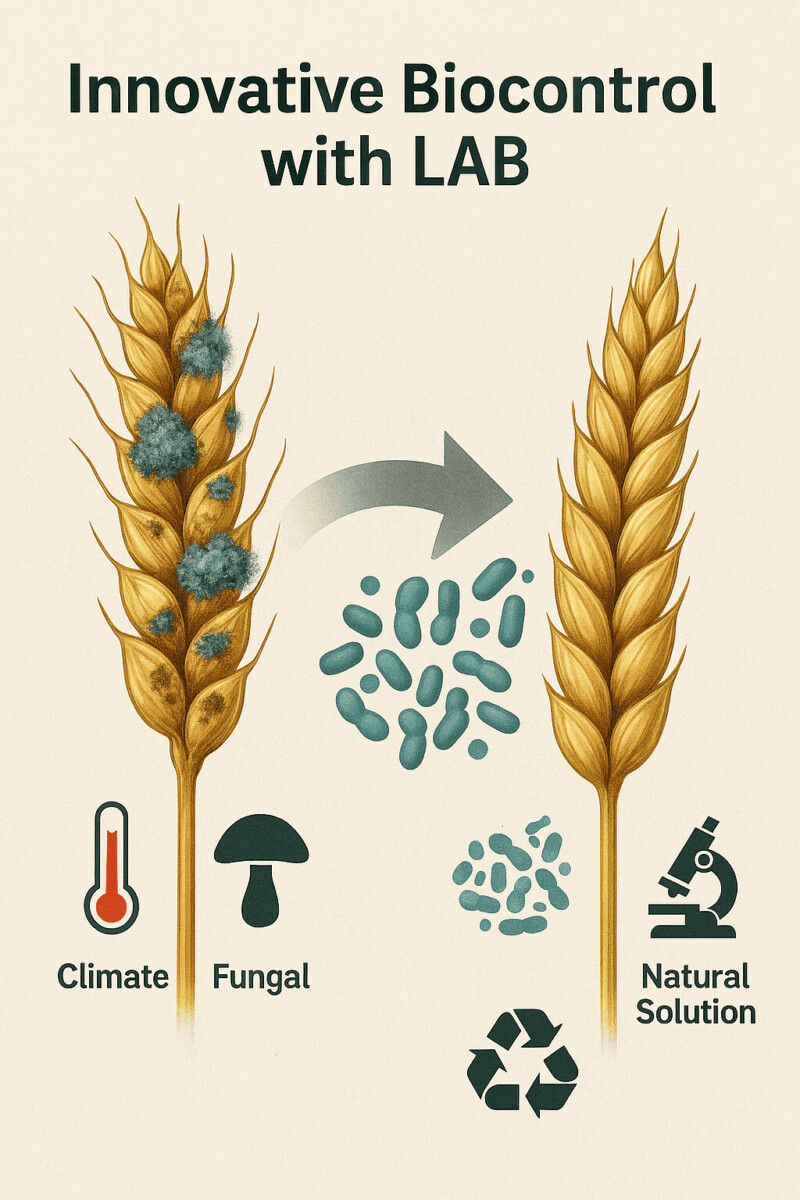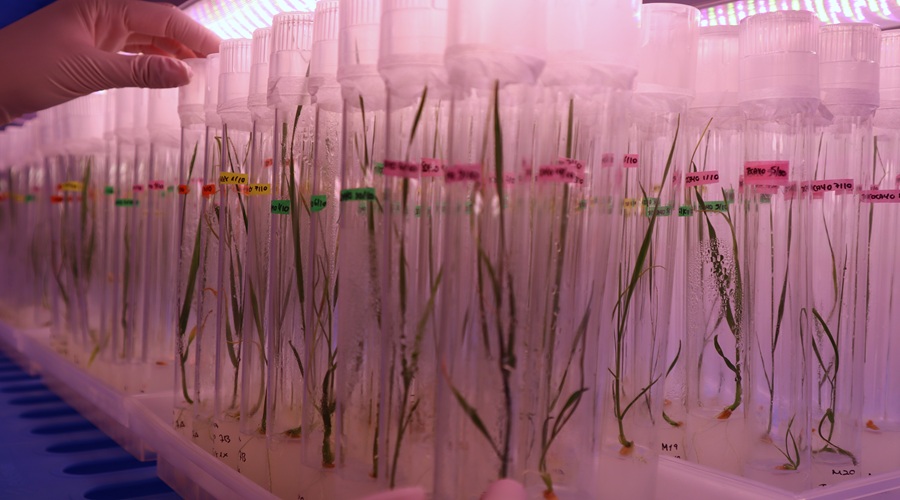Discover the project
What is TRIBIOME?
The overall objective of TRIBIOME, aligned with Farm to Fork, Green Deal and Food 2030 framwork, is to ensure a resilient food production system through modulation of the interaction of soil-plant microbiomes to adapt them to climate changes using the microbial diversity specific to each region through circular economy processes that improve human and animal health, aligning all the actors involved within the whole food value chain, under the multi-actor approach framework, developing solutions to real problems and challenges faced by farmers, livestock farmers, industry, consumers and citizens.
- Addressing an innovative multi-stakeholder approach for agri-food sustainability through a decision support network
- Modelling microbiomes to boost soil microbiome dynamics for a better crop quality and productivity
- Ensuring circularity and climate change adaptation through valorisation processes
- Demonstrate and validate the new microbiome tools developed
- Setting up a robust and reliable interconnection between plant, animal and human microbiomes that contributes to sustainable healthy nutrition
Goals and impacts
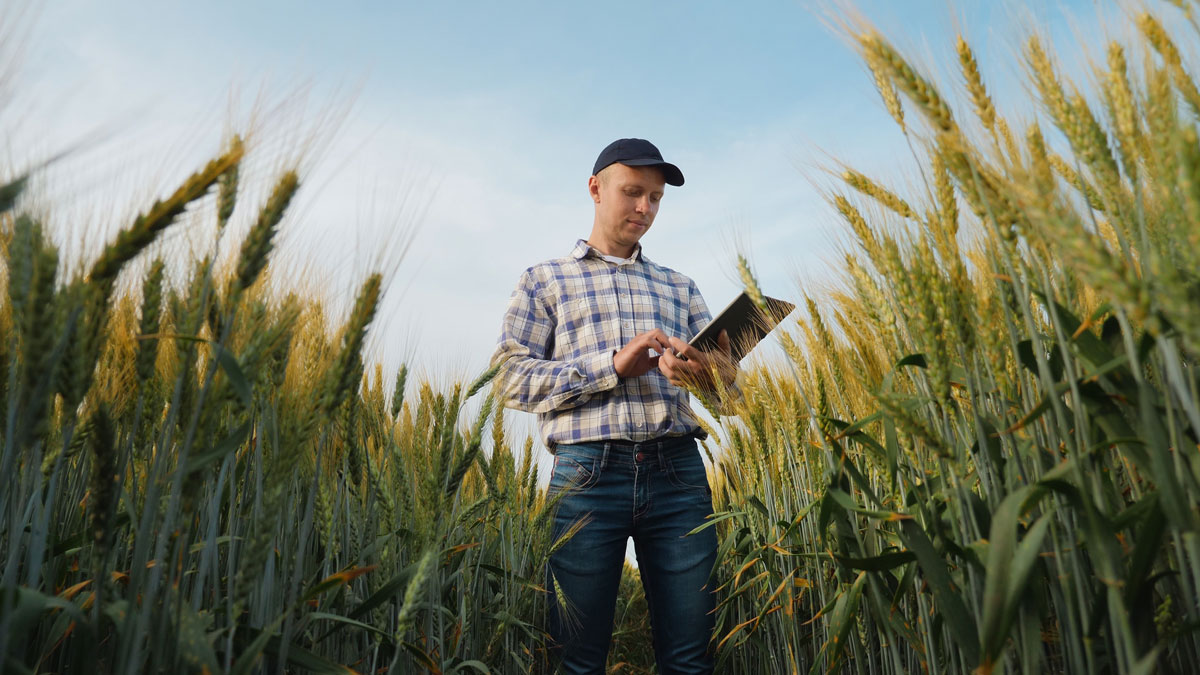
Increased adoption of microbiome based innovations into crop production and agricultural management practices by over 50%.
Reducing nutrient losses by 50%.
Reduce the use of harmful fertilisers by at least 20% through the combination of nutrients with modulators.
Impacts
Scientific
Alternative culture medium for microorganism production; new bio-stimulants based on plant extracts and bio-fertilizers/bio-stimulants/plant protecting agents based on microorganisms, better understanding of plant/soil/animal/human microbiomes and their impact in food systems; cross-sectorial cooperation in decision making; multicultural validation data.
Economic
Increase in the biofertilizers market (+20%), in the biostimulants market (+18%), in the health and wellness food market (+22%) and in the decision support systems software of 9,4%.
Societal
Promotion of naturally enhanced plant-based food to ensure health safety for both animals and humans (in particular ruminants).
Environmental
Reduced use of chemical pesticides & fertilizers leading to reduction of emissions of CO2 (↓10%) and CH4 (↓15); biodiversity preservation
Discover the interview of 2 experts
The TRIBIOME Decision Support Network Platform is now online!
This collaborative space connects farmers, researchers and stakeholders to share knowledge, exchange experiences and co-create microbiome-based solutions for sustainable agriculture.

This project received funding from the Horizon Europe research and innovation programme under grant agreement Nº 101084485
Our partners
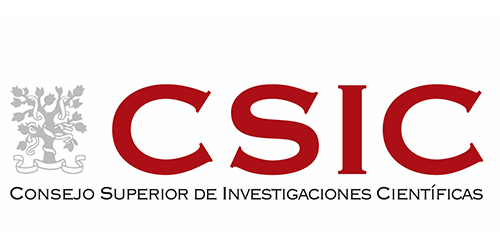
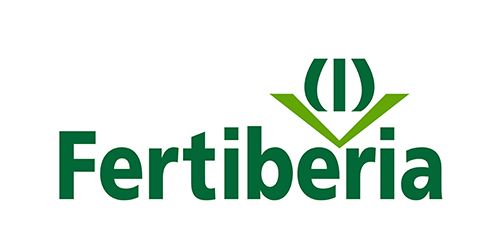
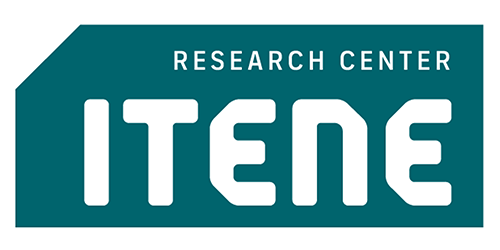




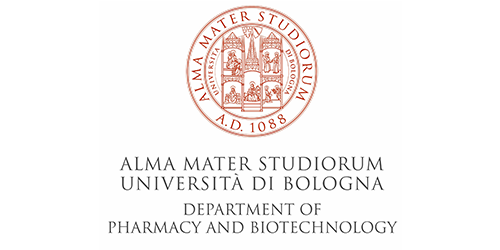


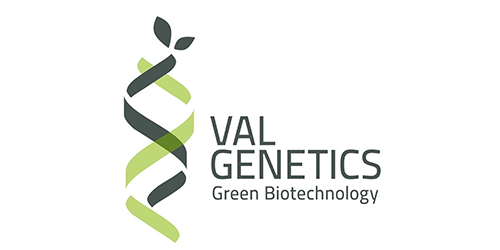

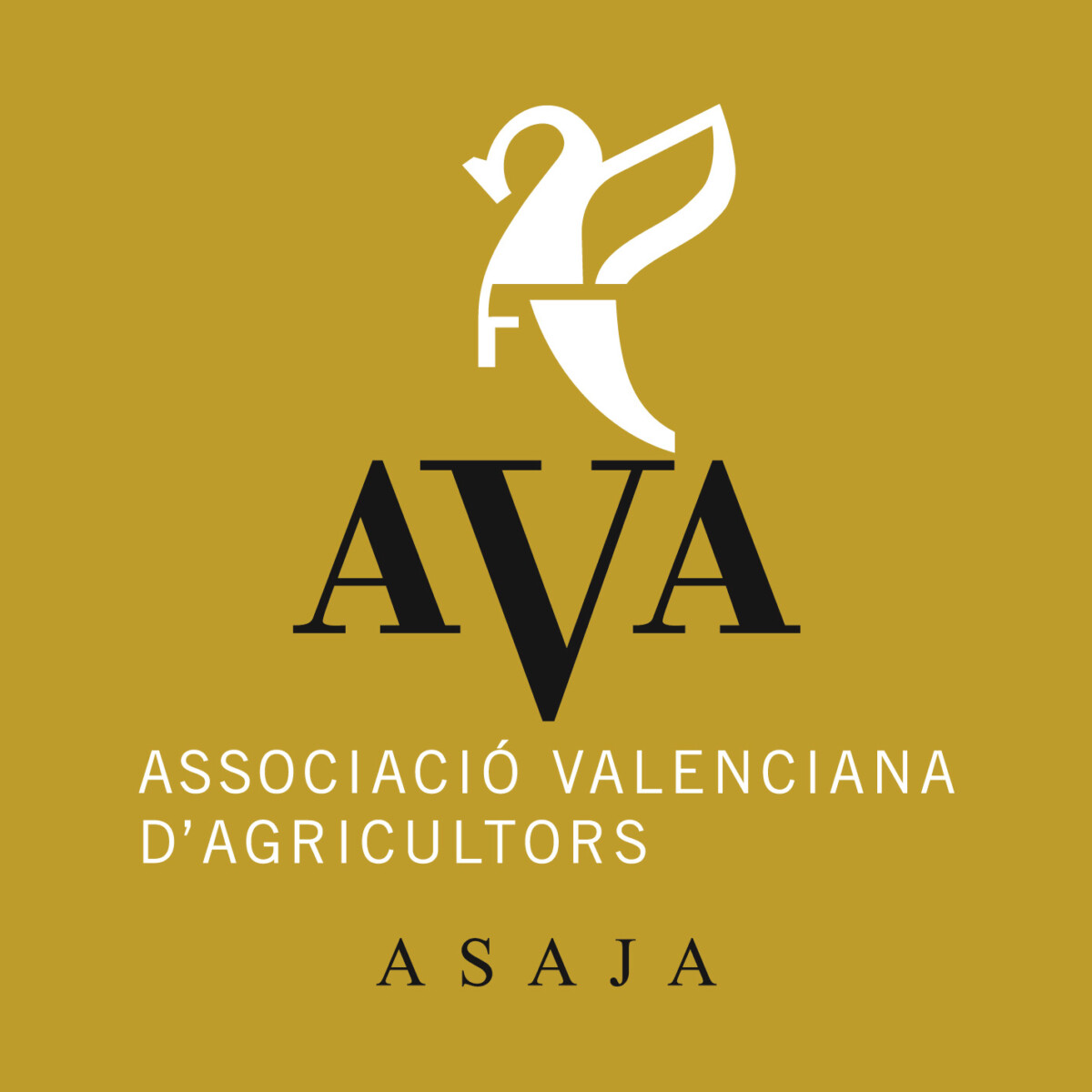
Our news & events
From community of practices to decision support network: building bridges between practice, research, and citizenship to spread innovation
Soil is a living ecosystem in which microorganisms and plants interact directly, influencing food systems, human, animal and planetary health.…
Progress from root to harvest
The European project TRIBIOME is advancing steadily in its mission to revolutionise wheat cultivation through biological modulators that strengthen plants…
Advanced sustainability assessment by PARTICULA GROUP for Project TRIBIOME
As part of the TRIBIOME project’s mission to pioneer sustainable and ethically responsible innovation across biotechnological and agricultural systems, the…
Reducing chemical inputs also means fighting PFAS in agriculture
A recent report by Générations Futures reveals an important but often overlooked reality: PFAS – known as “forever chemicals” –…
Innovative biocontrol methods to manage the emerging mycotoxin problem
Mycotoxins are toxic compounds produced by certain fungi that contaminate crops, posing significant risks to human and animal health in…
In vitro assays for rapid screening of biostimulant candidates at Valgenetics for Tribiome project
As part of the Tribiome project, innovative in vitro assays are being used to rapidly screen biostimulant candidates. This approach…

